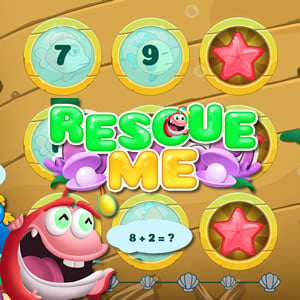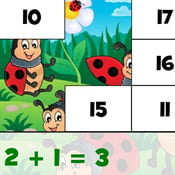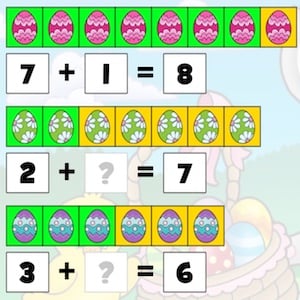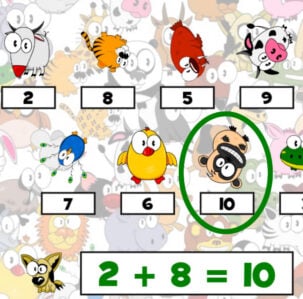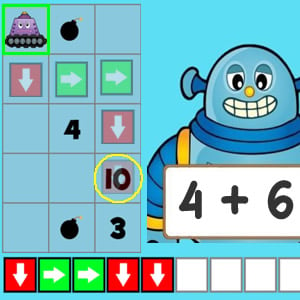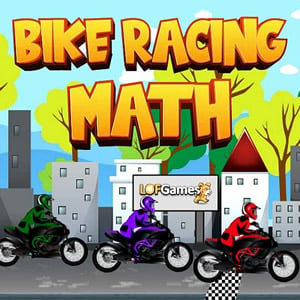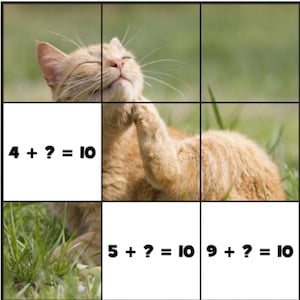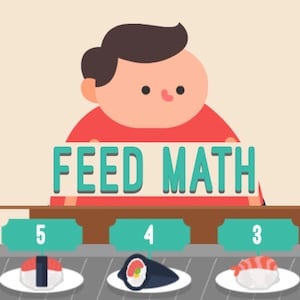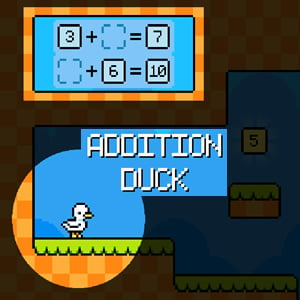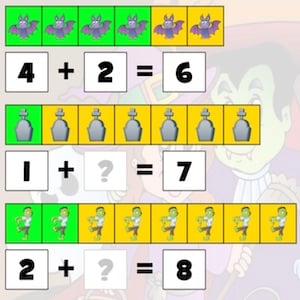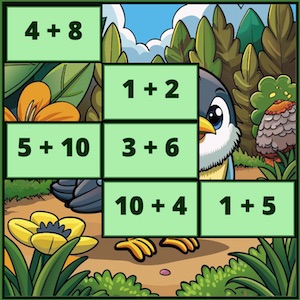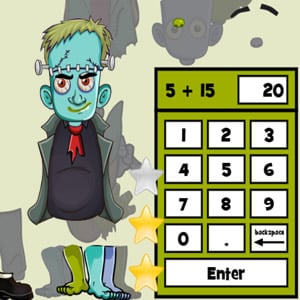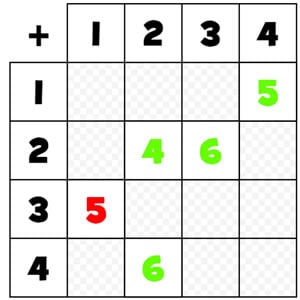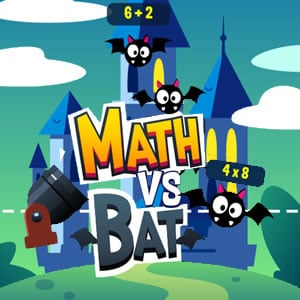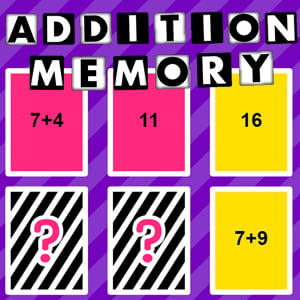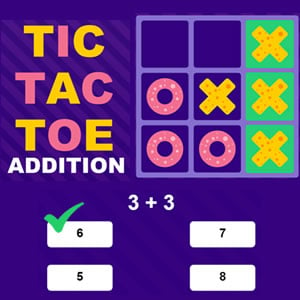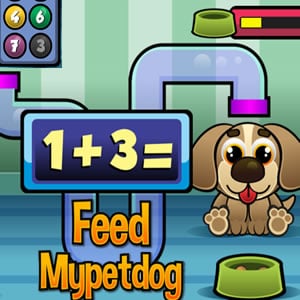At the age of 5, children generally begin to learn about addition in a more formal and structured manner. Here are some of the learnings and concepts related to addition that children typically acquire at this age:
- Recognizing numbers: 5-year-old children should already be able to recognize and write numbers from 1 to 10 or even higher. This recognition is essential for approaching addition.
- Counting: They start to grasp the concept of counting objects and can count up to 20 or more. This is fundamental for understanding the idea of adding or combining objects.
- Concept of addition: They learn that addition is a mathematical operation that combines two or more quantities to obtain a total amount. They begin to understand that adding means ‘putting together’ or ‘adding up.’
- Counting object skills: They develop skills to count objects in a sequence and represent these quantities with written numbers. For example, they can count how many toys they have and write the corresponding sum (e.g., 3 + 2 = 5).
- Simple additions: They begin to solve simple additions involving small numbers, such as 1 + 1, 2 + 2, 3 + 1, etc. These additions often involve everyday objects like toys, fruits, or items in their environment.
- Understanding the ‘+’ symbol: They learn to recognize the addition sign (+) and understand that it indicates that numbers are being combined or added.
- Using counting strategies: They can use counting strategies, such as counting on fingers or counting objects, to solve simple additions.
- Numerical relationships: They start to develop a basic understanding of numerical relationships, such as 2 + 2 equals 4, and begin to recognize simple numerical patterns.
It’s important to note that children learn at their own pace, so some may acquire these concepts before or after the age of 5. Parents and educators can help strengthen these math skills through games, hands-on activities, and exercises that are appropriate for each child’s developmental level. The main goal at this stage is to foster a positive interest in mathematics and in the learning process in general.
⚠️ It’s important to choose online maths games that are age-appropriate, interactive, and engaging for children. Additionally, it’s crucial to complement online games with hands-on activities away from the screen, such as reading books, playing with magnetic letters, singing alphabet songs, and writing letters on paper. ⚠️













